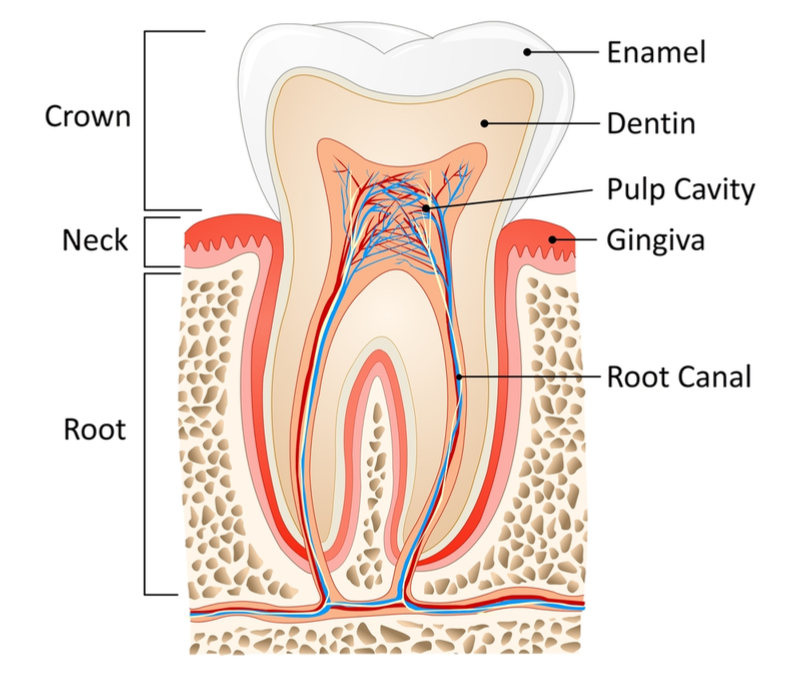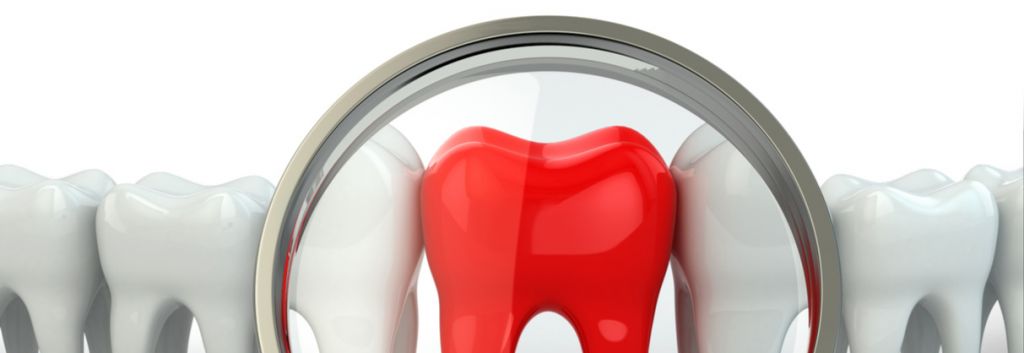Newsletter Signup - Under Article / In Page
"*" indicates required fields
Researchers at Queen Mary University London have found a way to grow mineralized materials that can be used to regenerate hard tissue like dental enamel.
British researchers have created a material that can be used as an artificial dental enamel to prevent and treat tooth decay or tooth sensitivity. To create the enamel, the scientists use a biopolymer to trigger and guide the growth of apatite nanocrystals, the main mineral found in dental enamel and bones.
The biopolymers, called elastin-like recombinamers, help organize apatite nanocrystals into microscopic prisms. Together they form larger macroscopic structures with the properties of dental enamel, such as stiffness, hardness and acid resistance. Thanks to the biopolymer, the nanocrystals can be grown as membranes or coatings over uneven surfaces, including organic tissue.
The research team is now looking into developing applications for this material.
“The technology could benefit many people and [commercialization] is the ultimate goal of our work,” says Alvaro Mata, who led the research group.
Dental enamel is the hardest tissue in the body and protects our teeth from biting forces, acidic food and drink, and extreme temperatures over the course of our lifetime. Unlike other tissues, enamel cannot regenerate once it is lost, which causes pain and tooth loss. Replacing lost enamel is a major challenge in dentistry.
To address this challenge, the apatite nanocrystal technology may be combined with tissue regenerating and bioprinting technologies.
“It is certainly a possibility,” Mata elaborates. “The kinds of regenerative challenges that we are talking about will require collaboration between disciplines and integration of different technologies. We are very keen to collaborate with different people to make things happen.”

The UK seems to be a hotspot for research into tooth regeneration. At King’s College London, researchers performed experiments in mice that showed that an Alzheimer’s drug stimulated natural repair processes in stem cells found inside teeth to fill cavities.
On the industrial side of things, the Swiss company Credentis is developing protein molecules that help apatite crystals form new enamel and using its technology in a range of oral care products, from toothpaste and mouthwash to chewing gum. The British company BioMin Technologies uses glass-ceramic biomaterials that release phosphate molecules in response to acidic conditions in order to repair dental enamel.
With the combined efforts in biotech and academia, it’s exciting to think we may one day be able to regenerate our enamel and coax our teeth into filling their own cavities. Who knows, these research efforts may help us avoid another uncomfortable visit to the dentist.
Images by Ocskay Bence, Maxx-Studio/Shutterstock






